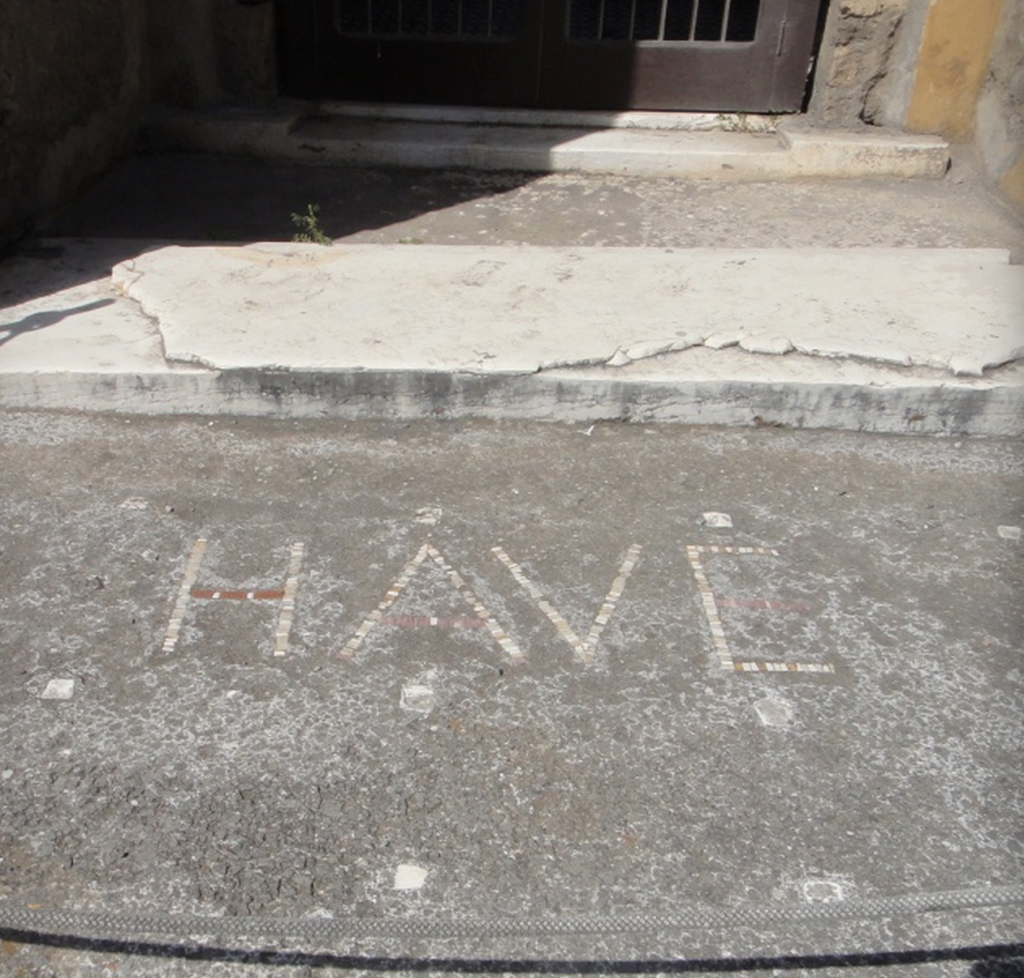[Greek] χαριτόω (charitoō), [Latin] gratia plena, [Latin] gratificare: to make graceful, to endow with grace, to be favored, to be highly favored, to cause to find favor; Eph.1:6, Lk.1:28

Mary was already full of grace at her conception (when she was born).
Background Information:
Hellenism: This term is rarely used in the secular sense. Hellenism stresses the source of the power (blessing) shown by the gods and rulers. This power comes from the divine sphere. This denotes a sense of favoritism or “to cause to find favor.” This grace implies more than favor. Grace is a free gift. However, favor may not be deserved or gained.
Old Testament: In Hebrew this term means to bestow favor. The favor is freely given to the recipient. This is the process whereby the recipient, receiving the blessing, becomes changed. This is seen when Yahweh has been gracious to Jacob in giving him children. This is seen when the Psalmist is given the wisdom to the teach the law.
Scripture:
“For the praise of the glory of His grace that He granted us in the beloved.” Eph.1:6
Paul speaks from the perspective of the salvation event. Paul refers to the grace that comes from the cross of Christ.
“And coming to her, the angel said, ‘Hail, favored one! The Lord is with you.’” Lk. 1:28
The perfect passive participle kecharitomene is used. This participle indicates an action done in the past with continuing effects in the present and future. This refers to the bestowing of the fullness of grace given to Mary at her conception. This refers to the Immaculate Conception. It was necessary that Mary would need to be in a state of grace (free from sin). The Latin Ave Maria, gratia plena means Hail, Mary, full of grace.
What is the significance of being called “Full of Grace”?
- Mary has essentially been given a new name and title.
- When God gives you a new name, He has big plans for you. Ex: (Abram ==> Abraham, etc.)
- Luke references the Old Testament and Hellenistic understanding of bestowing favor.
- God freely gives Mary this fullness of Grace to allow her to give birth to Jesus.
- Mary becomes the new Ark of the Covenant.

The greeting “Have” (Hail) shown on ancient Roman door entrances in Pompeii.
Conclusion:
Charism, charity, charitable, grace, gratify, gratification, plenty
A charism is a calling or gift from God. Charity comes from something freely given. Many people have difficulties understanding the Catholic basis for supporting the notion of the Immaculate Conception. It is very important to understand the actual Greek terminology used to convey this understanding.
On a practical basis, it does make sense that Mary’s womb would first need to be a sin-free environment in order to give birth to Jesus. Mary would have needed to have been already protected from sin and from a sinful inclination at beginning of her birth. I was surprised about the Hellenistic influences on the notion of favoritism by the gods or rulers.
Many have also stated that the Virgin Mary is sometimes called the new Eve. Eve in Latin is Eva. Hail in Latin is ave. The first word that the angel Gabriel spoke to Mary was “Ave”. It can also be said that Mary is also the Ark of the New Covenant.
The angel says to Mary that the Lord God will give her Son the throne of David. Therefore, Mary is also the Queen Mother who will later intercede for us.
It can also be said that Mary was the first Christian, saying “yes” fully accepting God’s plan.
“Thus, the knot of Eve’s disobedience was loosed by the obedience of Mary. What the virgin Eve had bound in unbelief, the Virgin Mary loosed through faith.” St. Irenaeus (180 AD). How perfect is that!
